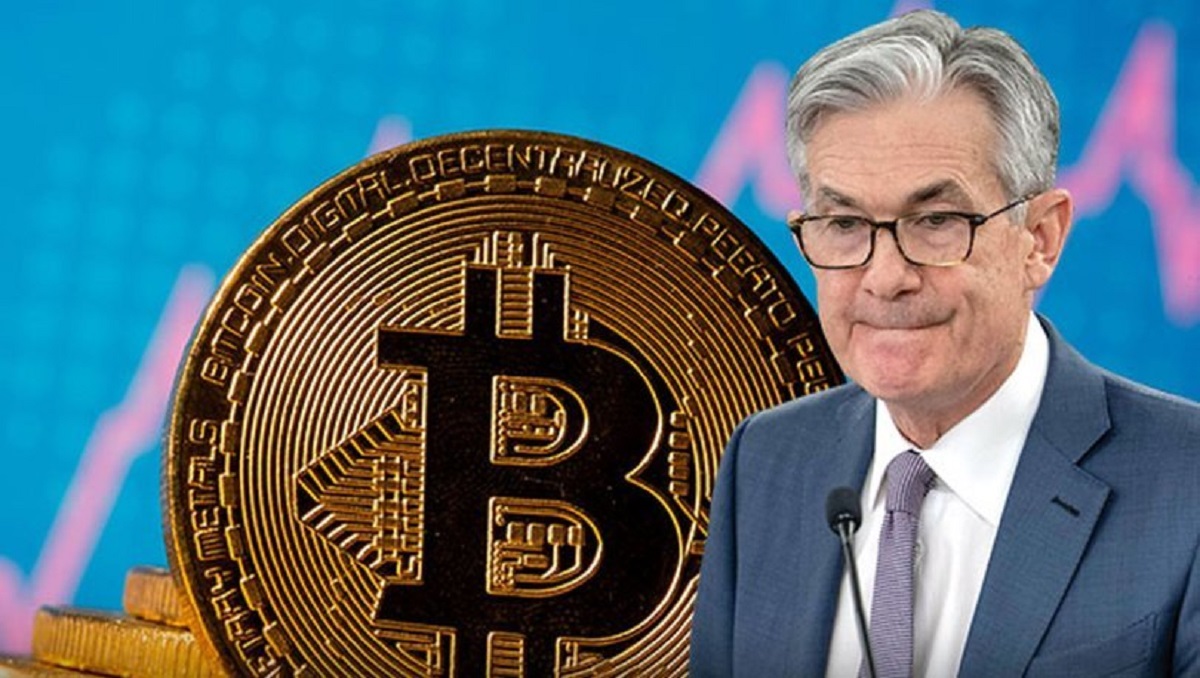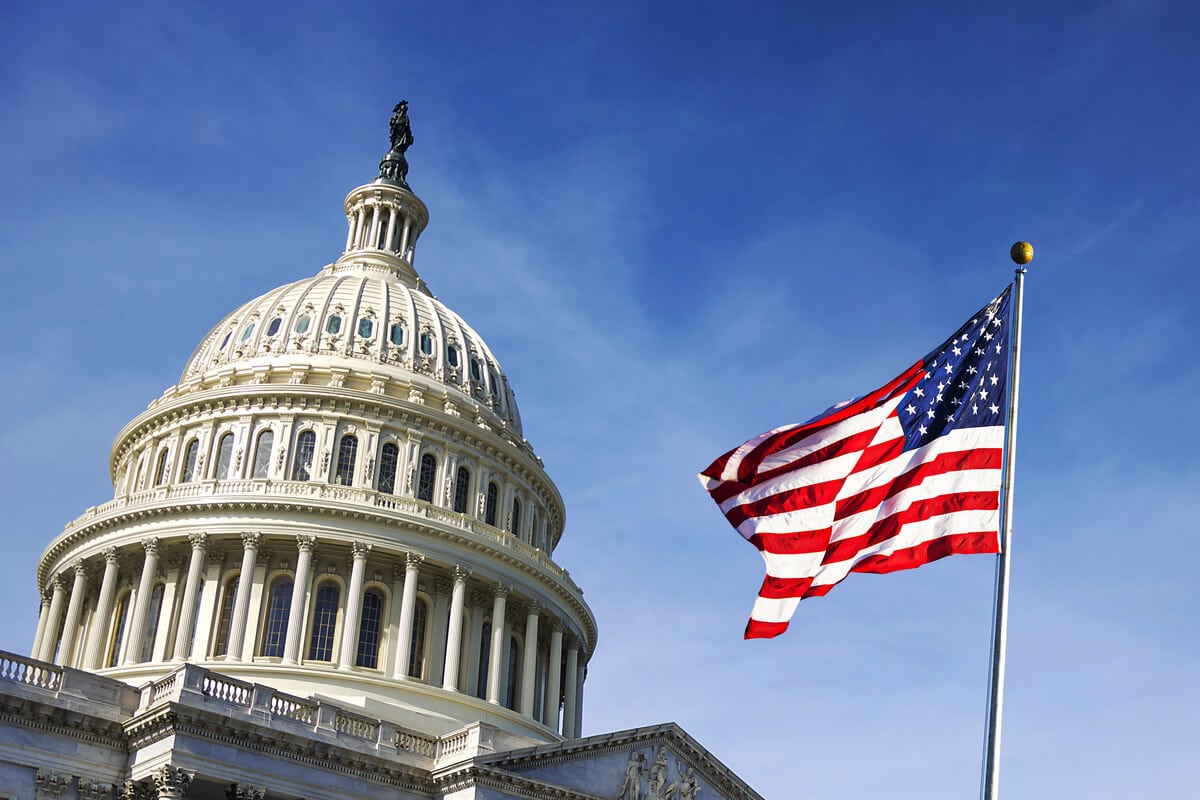Nigeria’s naira is about to have its worst year ever


The Nigerian naira is teetering on the edge of an unprecedented slump, set to mark its most dismal performance since the nation embraced democracy in 1999. Analysts are casting a bleak forecast for the naira in 2024, following a dramatic plunge of 55% this year to 1,043 per dollar, as reported on Thursday. This nosedive lands the naira the unenviable position of being the third-worst performer globally, trailing only behind the Lebanese pound and the Argentine peso among 151 currencies tracked by Bloomberg. The street value paints an even grimmer picture, with the naira trading at 1,208 per dollar.
A Deeper Dive into Naira’s Plunge
Nigeria, Africa’s largest crude producer, is seeing its foreign reserves dwindle to a six-year low, largely tied up by short-term overseas obligations. The dire state of these reserves, coupled with the need for President Bola Tinubu’s government to either attract international investors or boost oil production, paints a bleak picture for the naira’s future. The currency’s trajectory in the non-deliverable forwards market, hovering near a record low of 1,294.44 to the dollar, further underscores this sentiment.
This downward spiral began when the Central Bank of Nigeria (CBN) opted for a more liberal trading approach in June, coupled with President Tinubu’s decision to eliminate costly petrol subsidies. This move, while bold, contributed to soaring inflation rates, now at 28.2%, and an 18.75% benchmark interest rate. This negative real interest rate scenario is a deterrent for foreign investors, exacerbating the naira’s woes.
Vetiva Capital Management Ltd. suggests that only a significant increase in external reserves, a tangible rise in foreign exchange inflows, and a reduction in the money supply can create a favorable scenario for the naira. However, these solutions seem like distant possibilities in the current economic climate.
Market Dynamics and the Naira’s Future
The official market recently witnessed a dramatic downturn, with the naira plummeting to a record low against the dollar amidst thin trading conditions. This turbulence led to fluctuations that mirrored levels in the unofficial parallel market, where the naira trades more freely.
Data from the London Stock Exchange Group (LSEG) revealed that the naira tumbled to as low as N1,248 against the dollar during mid-day trading. However, the currency did show some resilience, recovering to N845 later in the session.
Olayemi Cardoso, Governor of the CBN, has expressed intentions to allow market forces a more prominent role in determining exchange rates, emphasizing the need for transparent and well-defined market regulations. These remarks come against a backdrop of persistent dollar shortages in the official market, gradually pushing the official exchange rate of the naira closer to levels seen in the parallel market.
As of Tuesday, the parallel market quoted the naira at approximately N1,225, while the one-month non-deliverable forwards market had it at N1,002.50. These varying valuations across different trading platforms highlight the complex dynamics at play in Nigeria’s currency market.
So, as you can see, Nigeria’s naira is on a precarious path, with analysts predicting further devaluation in 2024. The convergence of multiple economic challenges – dwindling foreign reserves, a need for increased oil production or foreign investment, and a liberalized currency trading system – paints a grim outlook for the naira. As the nation grapples with these economic hurdles, the naira’s performance in the coming year will be a crucial barometer of Nigeria’s financial health and stability.
Nigeria’s naira is about to have its worst year ever


The Nigerian naira is teetering on the edge of an unprecedented slump, set to mark its most dismal performance since the nation embraced democracy in 1999. Analysts are casting a bleak forecast for the naira in 2024, following a dramatic plunge of 55% this year to 1,043 per dollar, as reported on Thursday. This nosedive lands the naira the unenviable position of being the third-worst performer globally, trailing only behind the Lebanese pound and the Argentine peso among 151 currencies tracked by Bloomberg. The street value paints an even grimmer picture, with the naira trading at 1,208 per dollar.
A Deeper Dive into Naira’s Plunge
Nigeria, Africa’s largest crude producer, is seeing its foreign reserves dwindle to a six-year low, largely tied up by short-term overseas obligations. The dire state of these reserves, coupled with the need for President Bola Tinubu’s government to either attract international investors or boost oil production, paints a bleak picture for the naira’s future. The currency’s trajectory in the non-deliverable forwards market, hovering near a record low of 1,294.44 to the dollar, further underscores this sentiment.
This downward spiral began when the Central Bank of Nigeria (CBN) opted for a more liberal trading approach in June, coupled with President Tinubu’s decision to eliminate costly petrol subsidies. This move, while bold, contributed to soaring inflation rates, now at 28.2%, and an 18.75% benchmark interest rate. This negative real interest rate scenario is a deterrent for foreign investors, exacerbating the naira’s woes.
Vetiva Capital Management Ltd. suggests that only a significant increase in external reserves, a tangible rise in foreign exchange inflows, and a reduction in the money supply can create a favorable scenario for the naira. However, these solutions seem like distant possibilities in the current economic climate.
Market Dynamics and the Naira’s Future
The official market recently witnessed a dramatic downturn, with the naira plummeting to a record low against the dollar amidst thin trading conditions. This turbulence led to fluctuations that mirrored levels in the unofficial parallel market, where the naira trades more freely.
Data from the London Stock Exchange Group (LSEG) revealed that the naira tumbled to as low as N1,248 against the dollar during mid-day trading. However, the currency did show some resilience, recovering to N845 later in the session.
Olayemi Cardoso, Governor of the CBN, has expressed intentions to allow market forces a more prominent role in determining exchange rates, emphasizing the need for transparent and well-defined market regulations. These remarks come against a backdrop of persistent dollar shortages in the official market, gradually pushing the official exchange rate of the naira closer to levels seen in the parallel market.
As of Tuesday, the parallel market quoted the naira at approximately N1,225, while the one-month non-deliverable forwards market had it at N1,002.50. These varying valuations across different trading platforms highlight the complex dynamics at play in Nigeria’s currency market.
So, as you can see, Nigeria’s naira is on a precarious path, with analysts predicting further devaluation in 2024. The convergence of multiple economic challenges – dwindling foreign reserves, a need for increased oil production or foreign investment, and a liberalized currency trading system – paints a grim outlook for the naira. As the nation grapples with these economic hurdles, the naira’s performance in the coming year will be a crucial barometer of Nigeria’s financial health and stability.

